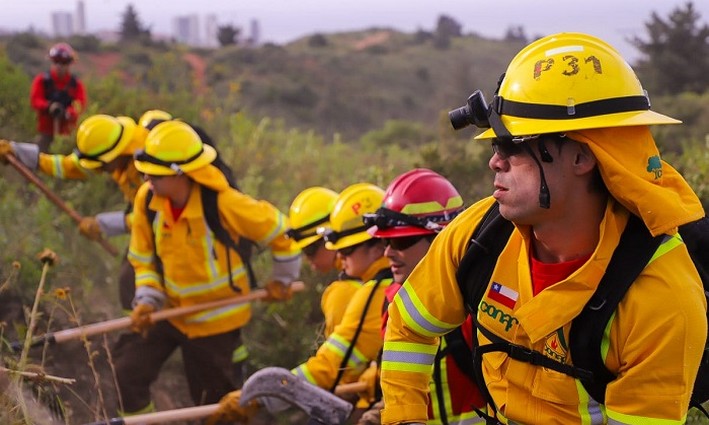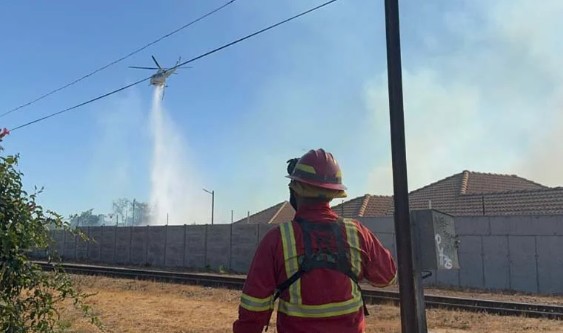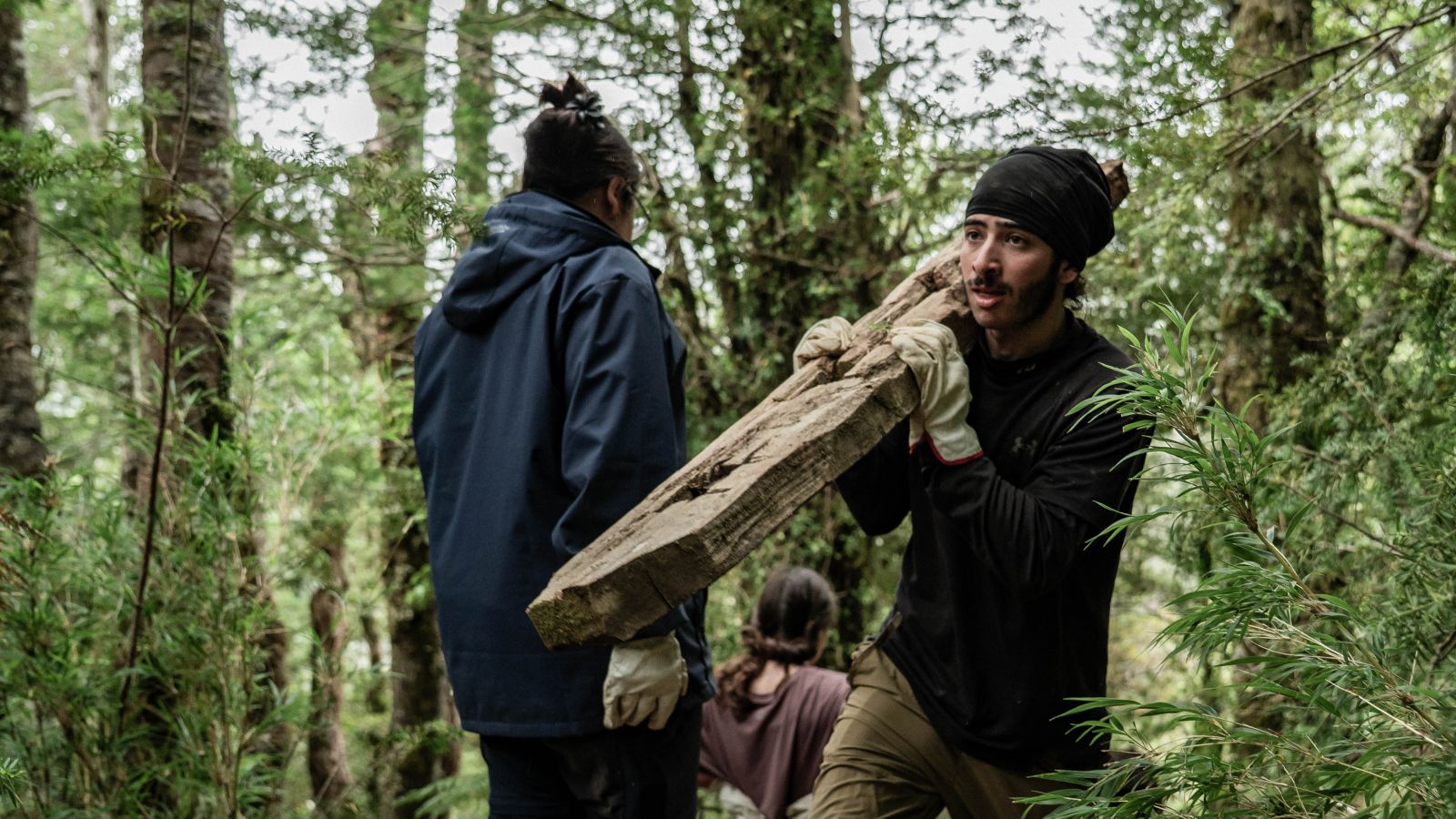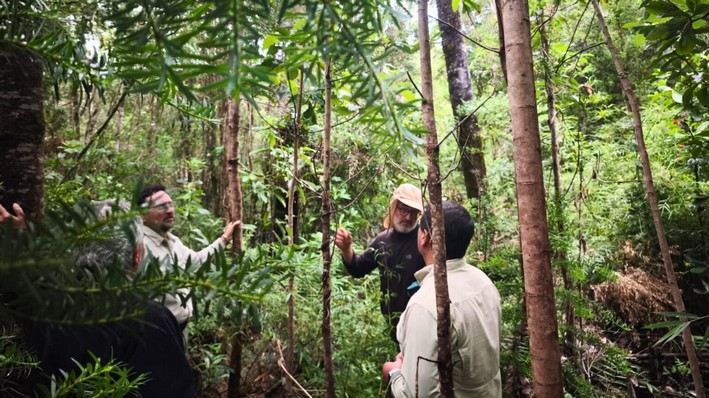The Labor Observatory of the Maule Region, in collaboration with the Catholic University of Maule (UCM) and with the support of the Undersecretariat of Labor, unveiled the results of its study titled "Deep Dive into Occupations: Forest Brigade Members." The research highlights the strategic relevance of brigade members in the prevention and response to forest fires, a role that has shown significant improvements in working conditions but still faces the challenge of employment seasonality.
During the 2022-2023 forest fire season, the Maule region saw 431,000 hectares consumed by flames, with 2,369 brigade members mobilized to combat the fires. Of these, 380 people worked specifically in Maule, playing a critical role in protecting the community and the environment. The profile of brigade members shows a male predominance and does not require prior education, although mandatory training by employers is necessary.
The study identifies technical skills such as manual dexterity and the ability to read instructions and reports, as well as socio-emotional competencies like communication, teamwork, and emotional management, as fundamental for the effective performance of brigade members.
Irma Carrasco, director of the Maule Labor Observatory, emphasized the importance of prevention: "This study confirms that prevention is the best tool to protect our forests and also local employment. If we train brigade members so that, in addition to direct combat in summer, they lead prevention, education, and training actions in schools and communities during winter, everyone benefits."
The report suggests moving towards a model of continuous and certified training, with greater inter-institutional coordination to standardize content and practices. In the face of a challenging climate scenario, with rising temperatures and longer fire seasons, it proposes de-seasonalizing the brigade member occupation by creating permanent teams that work year-round. During lower-risk months, it is recommended that brigade members take on tasks of prevention, community education, and ecological restoration, supported by subsidies or green employment.
This approach would not only help reduce the risk of fires but also contribute to caring for the territory and strengthening more stable career paths, benefiting the community and the environment.
or green.







Comments (0)
No comments yet. Be the first to comment!
Leave a comment